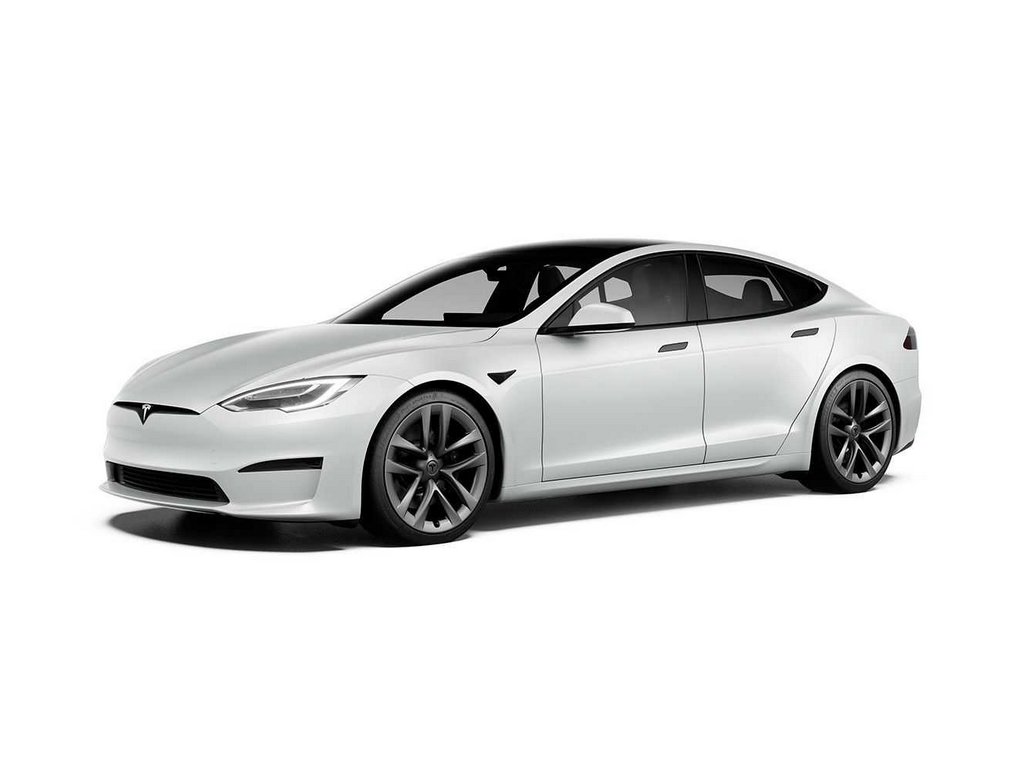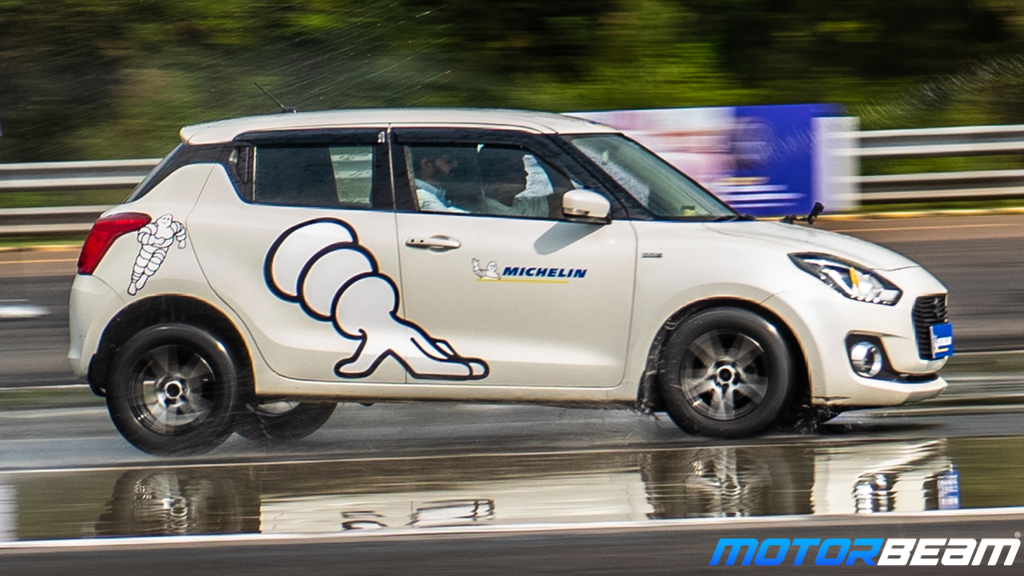
Nitin Gadkari, the Union Minister for Road Transport and Highways in India, has reiterated his firm opposition to the introduction of driverless cars in the country. Citing concerns over potential job losses for the significant population of drivers in India, Gadkari emphasised, “I will never allow driverless cars to come into India because it will take away the jobs of several drivers and I will not let that happen.”
This stance comes amid the backdrop of Tesla’s keen interest in entering the rapidly growing Indian automotive market. Despite welcoming the electric vehicle giant to establish a presence in India, Gadkari has set a crucial condition – the cars must be manufactured in India, not imported from China. He asserted, “It is impossible for Tesla to manufacture in China and import in India.”
Gadkari’s reservations about driverless cars highlight the socio-economic considerations that policymakers grapple with as technology advances. The fear of job displacement in a country with a substantial workforce in the transportation sector is a significant factor influencing the government’s decision.
While driverless cars face roadblocks in India, the automotive industry is witnessing a transformative shift towards cleaner, safer and technologically advanced vehicles.
One noteworthy development in this direction is the introduction of the BharatNCAP crash test rating system by the Ministry of Road Transport and Highways (MoRTH). This system aims to enhance vehicle safety standards in India, aligning with global best practices. The results of the first voluntary batch of crash tests under BharatNCAP are eagerly awaited, marking a significant step towards ensuring safer vehicles on Indian roads.
Tesla, known for its electric vehicles and autonomous driving technology, faces challenges in aligning with India’s current policy landscape. However, the government’s willingness to welcome Tesla’s manufacturing presence on Indian soil reflects an openness to technological advancements in the automotive sector.




